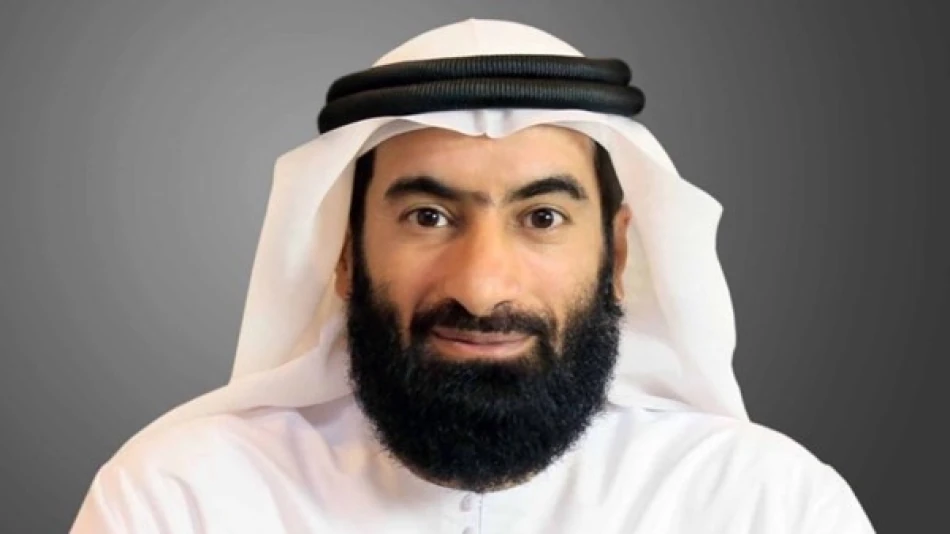
Dubai's Tribute to Women: Celebrating Empowerment and Contributions
Dubai Doubles Down on Women's Empowerment as Regional Competition for Talent Intensifies
Dubai's Human Resources Department has reaffirmed its commitment to advancing Emirati women in government roles, signaling the emirate's strategic focus on leveraging female talent as competition for skilled professionals heats up across the Gulf region. The announcement comes as the UAE positions itself as a global model for women's empowerment while neighboring countries accelerate their own gender inclusion initiatives.
Strategic Workforce Investment Amid Regional Transformation
Abdullah Ali bin Zayed Al Falasi, Director General of Dubai Government Human Resources Department, emphasized that celebrating Emirati Women's Day annually reflects recognition of women's valuable contributions across various sectors. His comments highlight Dubai's systematic approach to talent development as the emirate diversifies its economy beyond oil dependency.
The focus on women's advancement comes at a critical juncture for the Gulf region. Saudi Arabia's Vision 2030 has dramatically increased female workforce participation, while Qatar and Kuwait have launched similar initiatives. Dubai's emphasis on innovation and equality appears designed to maintain its competitive edge in attracting and retaining top-tier talent.
Beyond Symbolism: Concrete Development Programs
Al Falasi outlined the department's commitment to implementing advanced plans and programs that enhance the capabilities and potential of Emirati women. This approach suggests a move beyond ceremonial recognition toward measurable skill development and career advancement opportunities.
Market Implications for Regional Leadership
The UAE's women's empowerment strategy carries significant economic implications. Countries with higher female workforce participation typically demonstrate stronger GDP growth and innovation metrics. By systematically developing female talent, Dubai positions itself to capture a larger share of the knowledge economy while other regional players are still establishing their frameworks.
Global Positioning and Competitive Advantage
Al Falasi's reference to establishing the UAE as a "global model for women's empowerment" reflects broader geopolitical positioning. As Western nations grapple with workplace equality challenges and emerging markets develop their human capital strategies, the UAE seeks to occupy the middle ground—offering progressive policies within a stable, business-friendly environment.
This positioning could prove particularly valuable for multinational corporations seeking regional headquarters that align with their diversity and inclusion mandates. The combination of tax advantages, strategic location, and demonstrated commitment to gender equality creates a compelling value proposition for international businesses.
Long-term Economic Strategy
Dubai's systematic investment in women's professional development represents more than social progress—it's economic necessity. As automation transforms traditional industries and the knowledge economy expands, countries that effectively utilize their entire talent pool will maintain competitive advantages. The emirate's approach suggests recognition that sustainable growth requires maximizing human capital across all demographics.
Most Viewed News

 Layla Al Mansoori
Layla Al Mansoori






